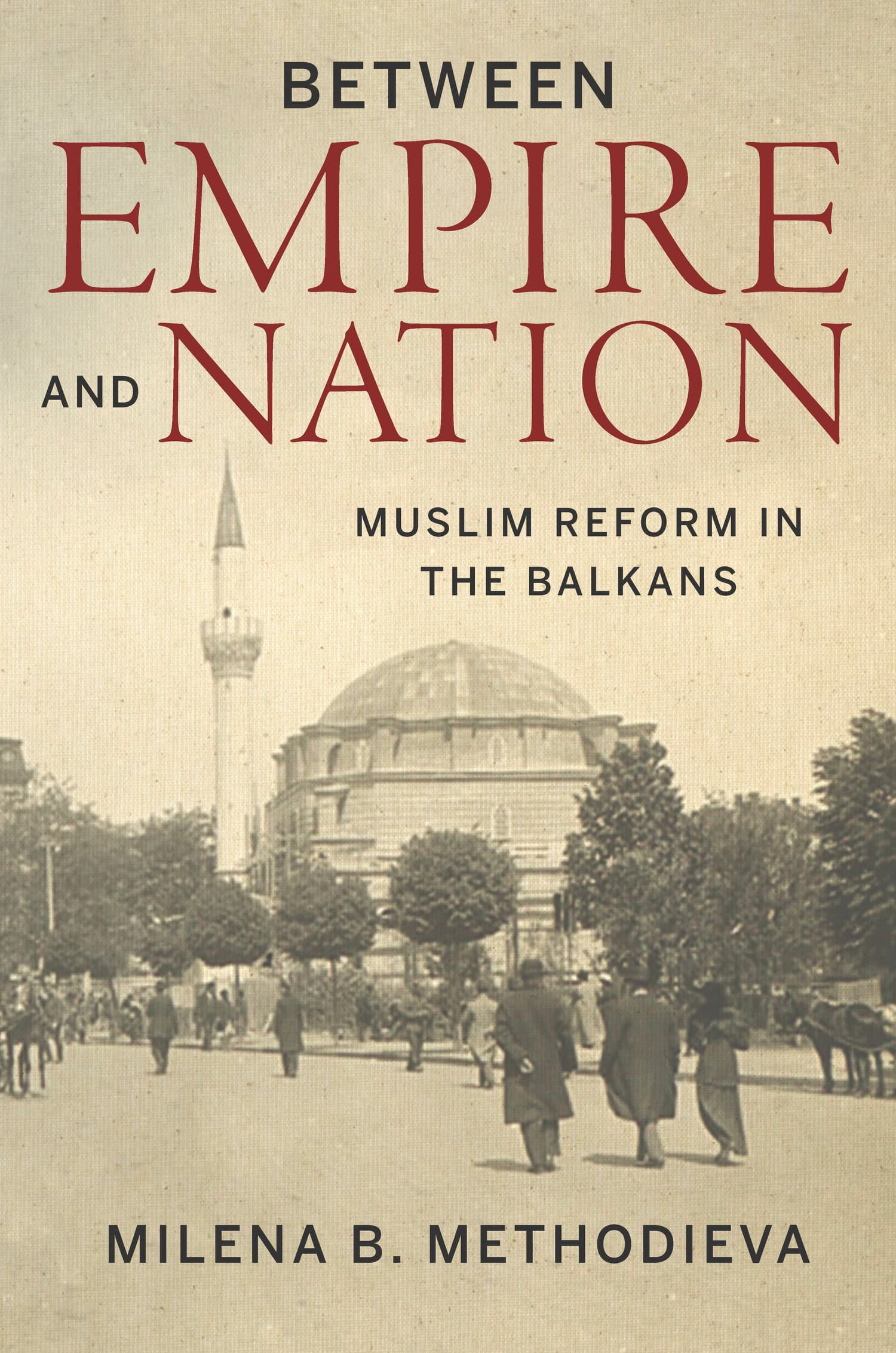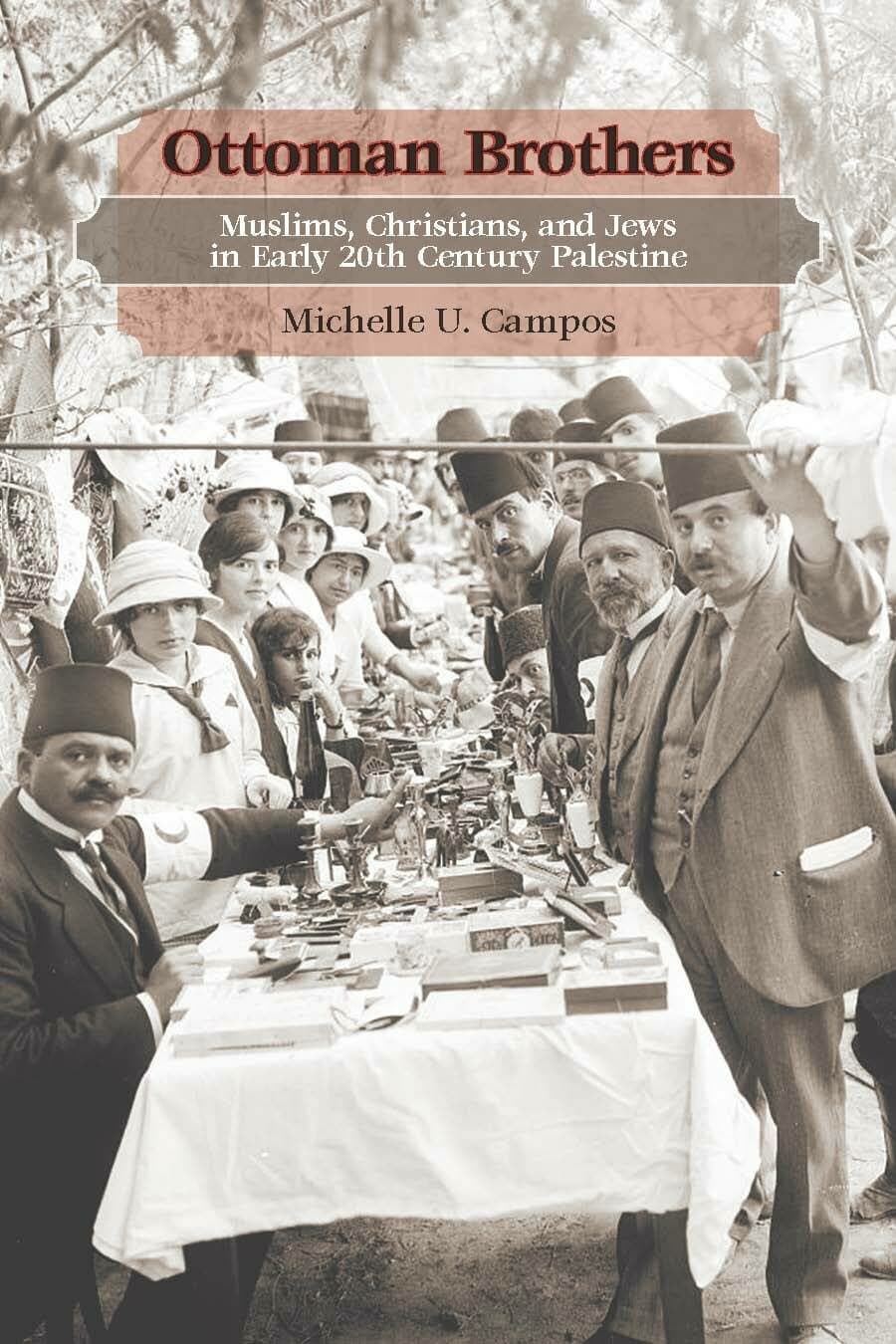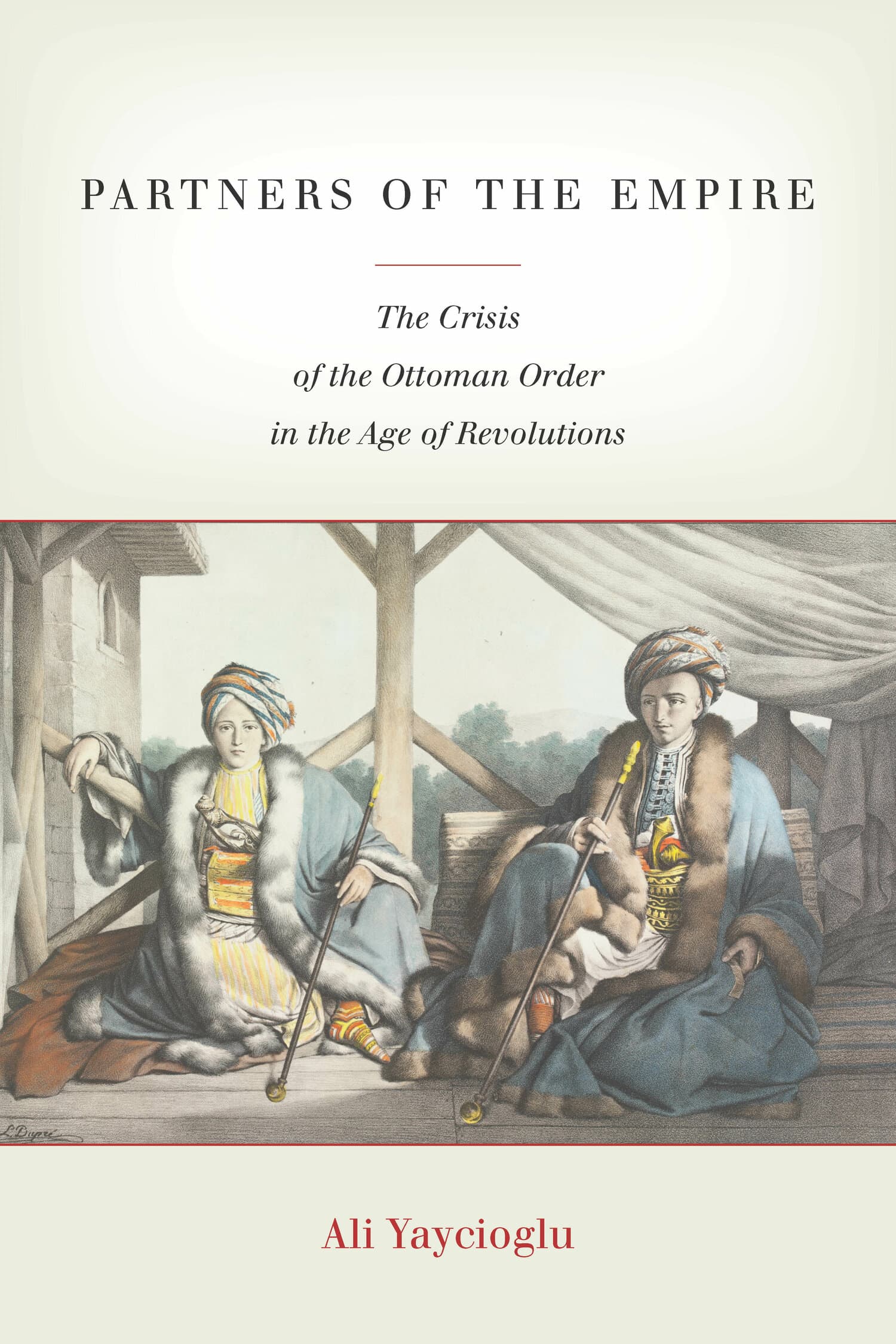Between Empire and Nation

Between Empire and Nation tells the story of the transformation of the Muslim community in modern Bulgaria during a period of imperial dissolution, conflicting national and imperial enterprises, and the emergence of new national and ethnic identities. In 1878, the Ottoman empire relinquished large territories in the Balkans, with about 600,000 Muslims remaining in the newly-established Bulgarian state. Milena B. Methodieva explores how these former Ottoman subjects, now under Bulgarian rule, navigated between empire and nation-state, and sought to claim a place in the larger modern world.
Following the Russo-Ottoman war of 1877–1878, a movement for cultural reform and political mobilization gained momentum within Bulgaria's sizable Muslim population. From 1878 until the 1908 Young Turk revolution, this reform movement emerged as part of a struggle to redefine Muslim collective identity while engaging with broader intellectual and political trends of the time. Using a wide array of primary sources and drawing on both Ottoman and Eastern European historiographies, Methodieva approaches the question of Balkan Muslims' engagement with modernity through a transnational lens, arguing that the experience of this Muslim minority provides new insight into the nature of nationalism, citizenship, and state formation.
"Milena B. Methodieva's carefully researched account of the history of the Muslim minority of Bulgaria invites us to rethink our key scholarly concepts from nationalism, cosmopolitanism, citizenship and minority rights to religious freedom and Pan-Islamism. This important new book is set to redefine the entanglements of modern history of Europe and the Middle East."—Cemil Aydin, University of North Carolina
"[Methodieva]'s meticulous research provides a valuable contribution to the study of Muslim communities in Bulgaria and the broader post-Ottoman context. The readable and well-structured work is a valuable resource for historians and others interested in Muslim reformism and minority studies."—Ninja Bumann, Austrian History Yearbook




